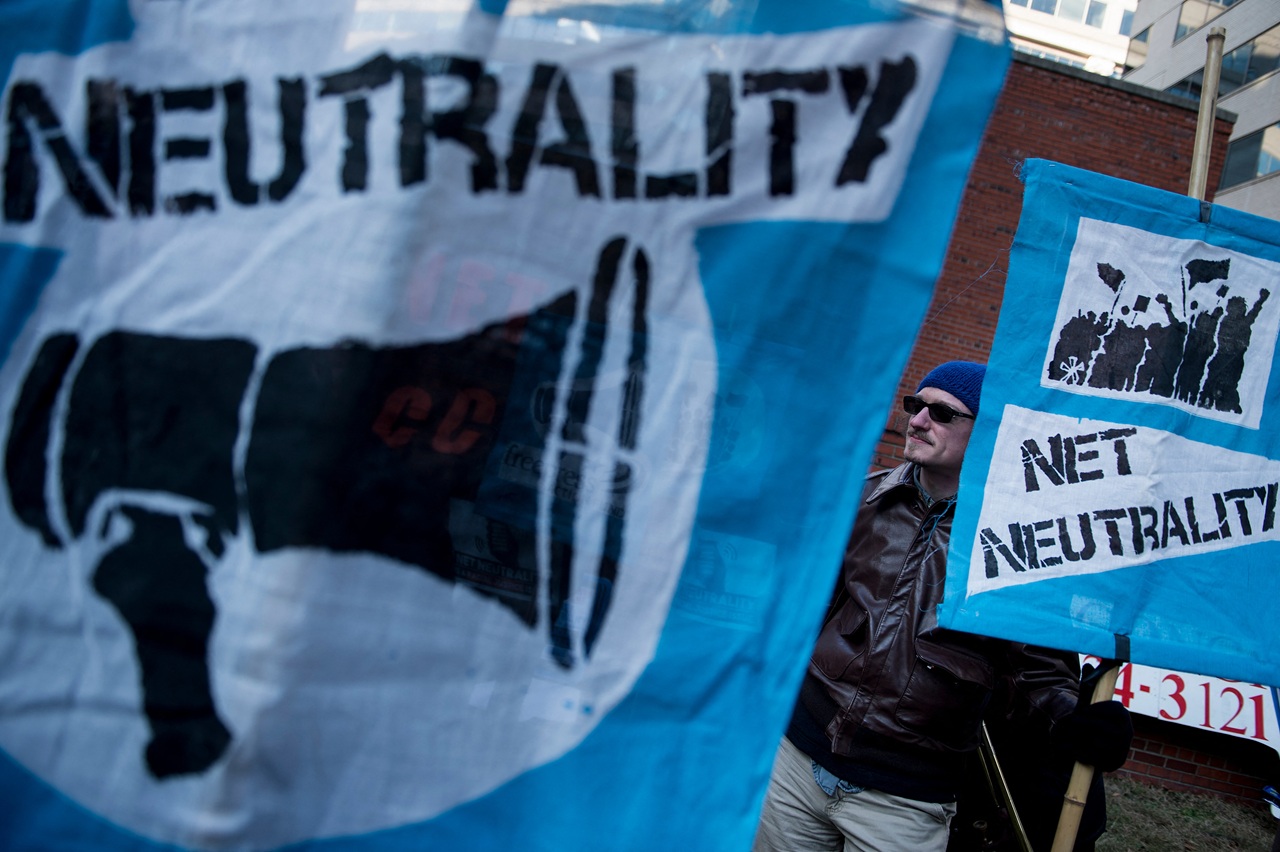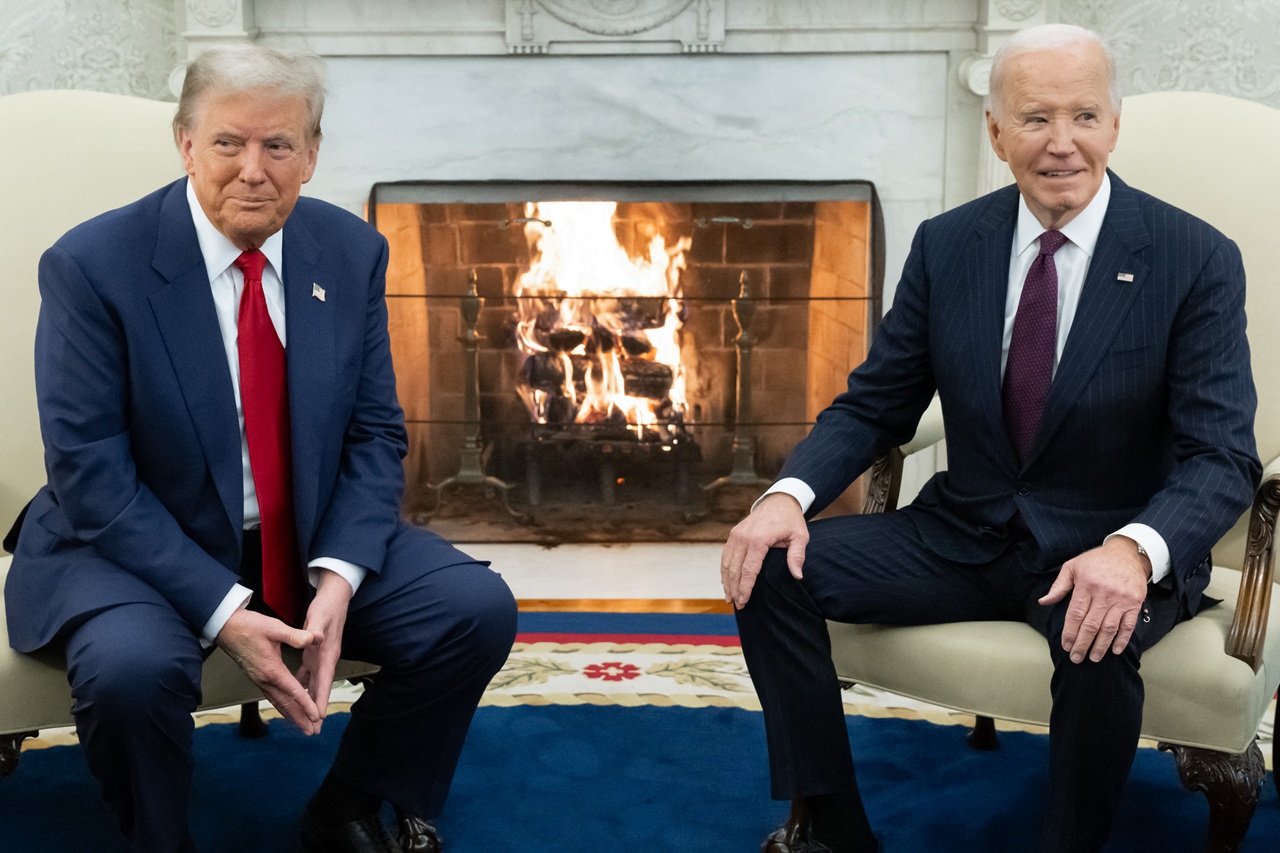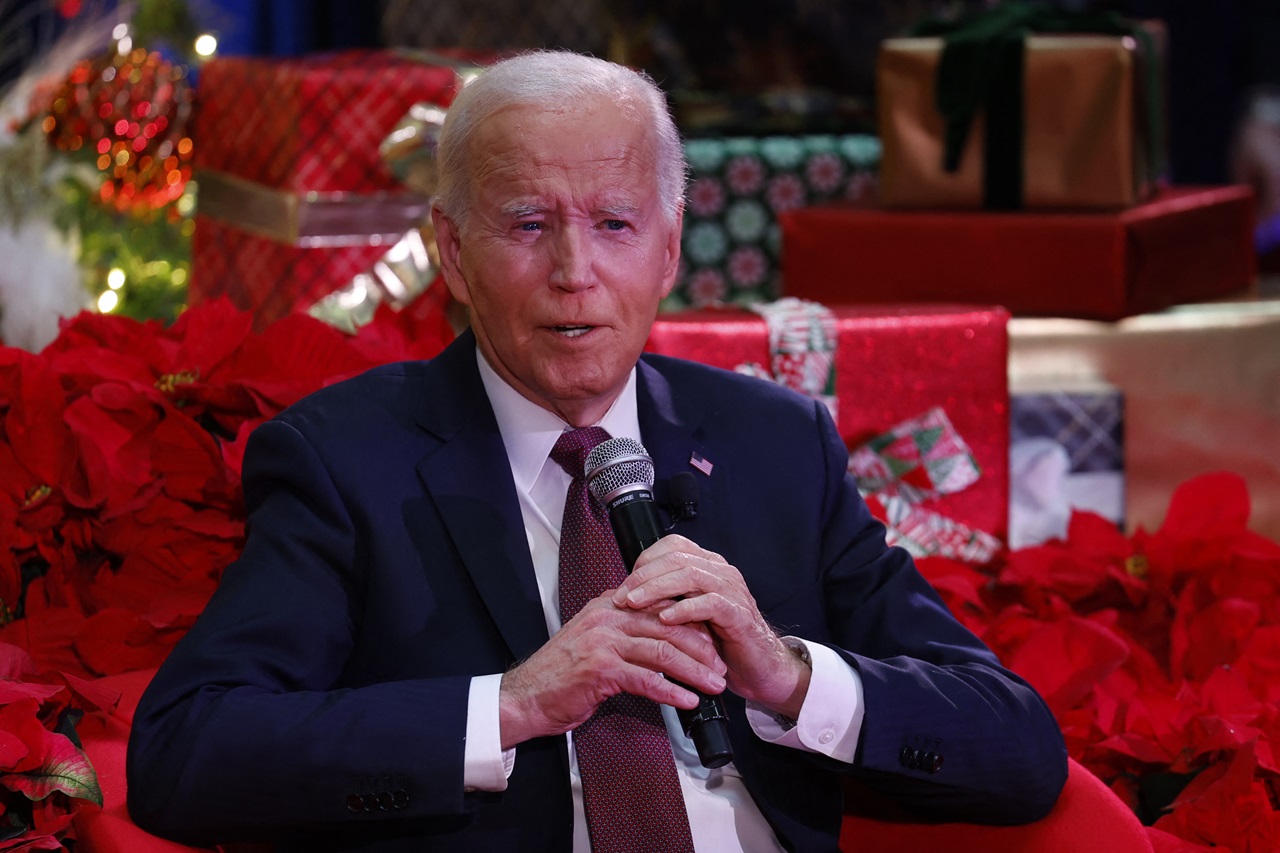
Does the U.S. support the new approach of the Colombian government in the fight against drugs?
Several conclusions are drawn after the Secretary of State's visit to Bogotá.
Antony Blinken, Secretary of State for the Biden Administration, met yesterday (Monday, October 3) with the President of Colombia, Gustavo Petro, to discuss the new approach that the Colombian government wants to give to the fight against drugs led by the two nations.
According to the message that Petro shared, both during his campaign and in the speech he made before the UN Assembly, it is necessary to turn this policy around, which has proven to be a failure for producer and consumer countries, going from a purely warlike strategy to a more comprehensive one.
“We remain committed to Colombia's efforts to fully implement the 2016 Peace Accord and support the Afro-Colombian & Indigenous communities disproportionally affected by the conflict. To date, the U.S. has given over $1 billion in assistance to support Peace Accord implementation,” pointed out Blinken through his Twitter account.
RELATED CONTENT
We remain committed to Colombia's efforts to fully implement the 2016 Peace Accord and support the Afro-Colombian & Indigenous communities disproportionally affected by the conflict. To date, the U.S. has given over $1 billion in assistance to support Peace Accord implementation. pic.twitter.com/1Fkj6S7ybQ
— Secretary Antony Blinken (@SecBlinken) October 4, 2022
Adding to the Change
Although Blinken did not commit to financing the purchase of three million hectares of productive land, to hand it over to peasants who are currently cultivating coca, as the Petro government sought, he did assure that they will be guarantors of the ethnic chapter of the agreement, which seeks reparation to the indigenous, black, raizales and palenqueras populations.
During the press conference held after the meeting, Blinken responded to the Los Angeles Times that his Administration has listened carefully to the new proposals and is willing to support Petro's approach to this fight, especially in everything that has to do with justice, development, environmental protection and, of course, the reduction of supply and demand.
Changes in Justice
Given President Petro's proposal, which seeks to stop criminalizing the peasants who grow coca, whom he refers to as the “drug trafficking proletariat,” and who in many cases are forced to work for illegal armed groups, and start to persecute the owners of the capital who direct the entire operation from the tranquility of important cities in Colombia, the US and other places in the world, Blinken replied that "they are in tune."
Regarding the thorny issue of extradition, on which there was less consensus, the Colombian government's proposal is that only those persons who do not comply with the guarantees of non-repetition and with the measures of reparation to the victims, through new peace negotiations that they seek to implement, would be extradited, cases in which Colombia agrees to request the maximum penalties.
Blinken, as a representative of an Administration that seeks to continue with the extradition processes that currently exist, pointed out that they must continue working on this issue.











LEAVE A COMMENT:
Join the discussion! Leave a comment.